There is still time to register for the 2024 MHA Communications Retreat scheduled from 8:30 a.m. to 4 p.m., Tuesday, May 7, at the Henry Center for Executive Development in Lansing. Current registration includes representation from hospitals and health systems throughout the state.
The lineup of presenters and topics for the 2024 Communications Retreat is now finalized. They include:
- Laura Appel, executive vice president of government relations and public policy, MHA, will be joined by Megan Brown, chief marketing and communications officer, Munson Healthcare, to discuss communications strategies to address the healthcare workforce and the importance of engaging with government relations and advocacy efforts.
- J. Joshua Wilda, regional chief digital information officer, University of Michigan Health-West and Tony Lambert, chief technology officer, TechSmith, will discuss AI trends in healthcare and hospitals, and how it’s impacting communications and marketing.
- A panel of communications will share internal communications strategies hospitals can implement to celebrate their workforce and share tactics they’ve used to address employee morale, support recruiting and improve brand perception.
- Sue Tetzlaff, co-founder, Capstone Leadership Solutions
- Lauren Zakalik, director, public & media relations strategy, Henry Ford Health
- Hannan Deep, director of strategic communications operations, Henry Ford Health
- Emily R. Sexton, communications coordinator, Holland Hospital,
- A collection of speakers will present on how they are using communications tools to assist in reacting to the behavioral health crisis.
- Kara Gavin, research and policy media relations manager, Michigan Medicine
- Jim Rose, director of marketing, Pine Rest Christian Mental Health Services
- Dallas Rau, executive director, Great Lakes Bay Region Mental Health Partnership
- Tera Szeliga, director of marketing and communications/ institute for leaders, Great Lakes Bay Regional Alliance
The daylong event is geared toward the specific needs of hospital communicators working in public relations, communications, media relations, marketing and community relations within Michigan hospitals. This year’s retreat offers a chance to network, learn from peers across the state and hear from experts for a deep dive into valuable skills for seasoned and new professionals.
Members are encouraged to register by April 25 to attend the retreat. The registration fee is $35 per person. Breakfast, refreshments and lunch will be provided.
Members with questions regarding registration should contact Kennedy Walters at the MHA. Questions regarding the retreat should be directed to John Karasinski at the MHA.



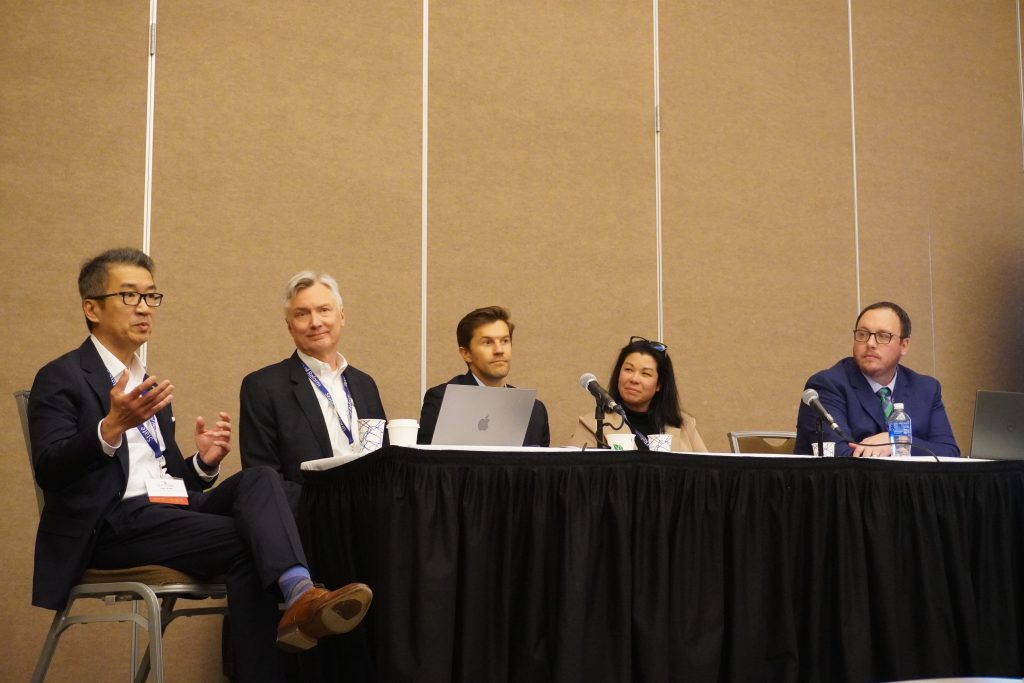

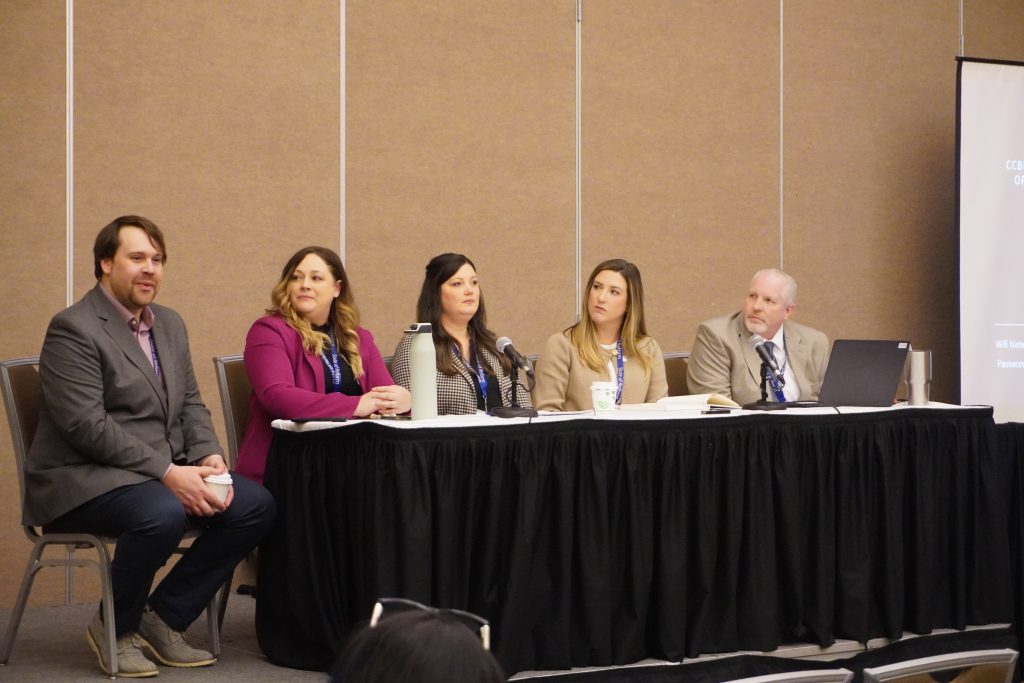

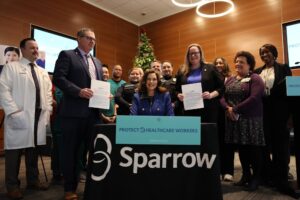
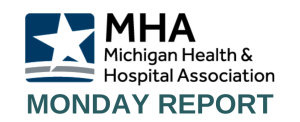
 Protections for Healthcare Workers, Auto No-fault Bills Move in Michigan Legislature
Protections for Healthcare Workers, Auto No-fault Bills Move in Michigan Legislature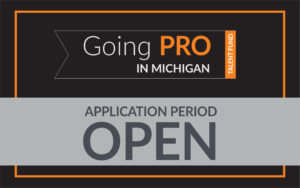 Going PRO Talent Fund Applications Due Oct. 27
Going PRO Talent Fund Applications Due Oct. 27 U.S. Healthcare’s Existential Threat: Loss of Public Trust
U.S. Healthcare’s Existential Threat: Loss of Public Trust

